A Brief History Of Breastfeeding in the UK
We all know by now the benefits of breastfeeding for both the mother and baby but then why does the UK have some of the lowest breastfeeding rates for any developed country? This is a question that has been at the forefront of my mind. One thing I know for certain is that there isn’t a black and white answer but instead a very complex one.
Both the World Health Organisation (WHO) and UNICEF recommend that a baby is exclusively breastfed for the first six months (around 26 weeks), and for breastfeeding to continue beyond that time along with solid food for two years or more.
In the book Why Breastfeeding Grief and Trauma Matter by Amy Brown, she states that in the UK over 80% of women want to breastfeed their baby and do so for at least one feed. But after that the rates plummet. By the end of the first week more than half of babies have received formula milk, with less than half of that breastfeeding at all by 6 weeks, and only a third having any breast milk at all by 6 months. Just 1% of mothers reach 6 months of exclusive breastfeeding. Research shows that up to 90% of women who stopped in the first 6 weeks were not ready to do so. (taken from a 2012 infant feeding survey)
All these statistics mean that we live in a society where communities lack even the basic awareness of breastfeeding and optimal breastfeeding past infancy just isn't the norm (according to UNICEF & WHO, optimal breastfeeding includes initiating breastfeeding within an hour of birth, breastfeeding exclusively (not even water) for up to 6 months of age, and continuing to breastfeed a child up to 2 years or more with the appropriate complementary foods).
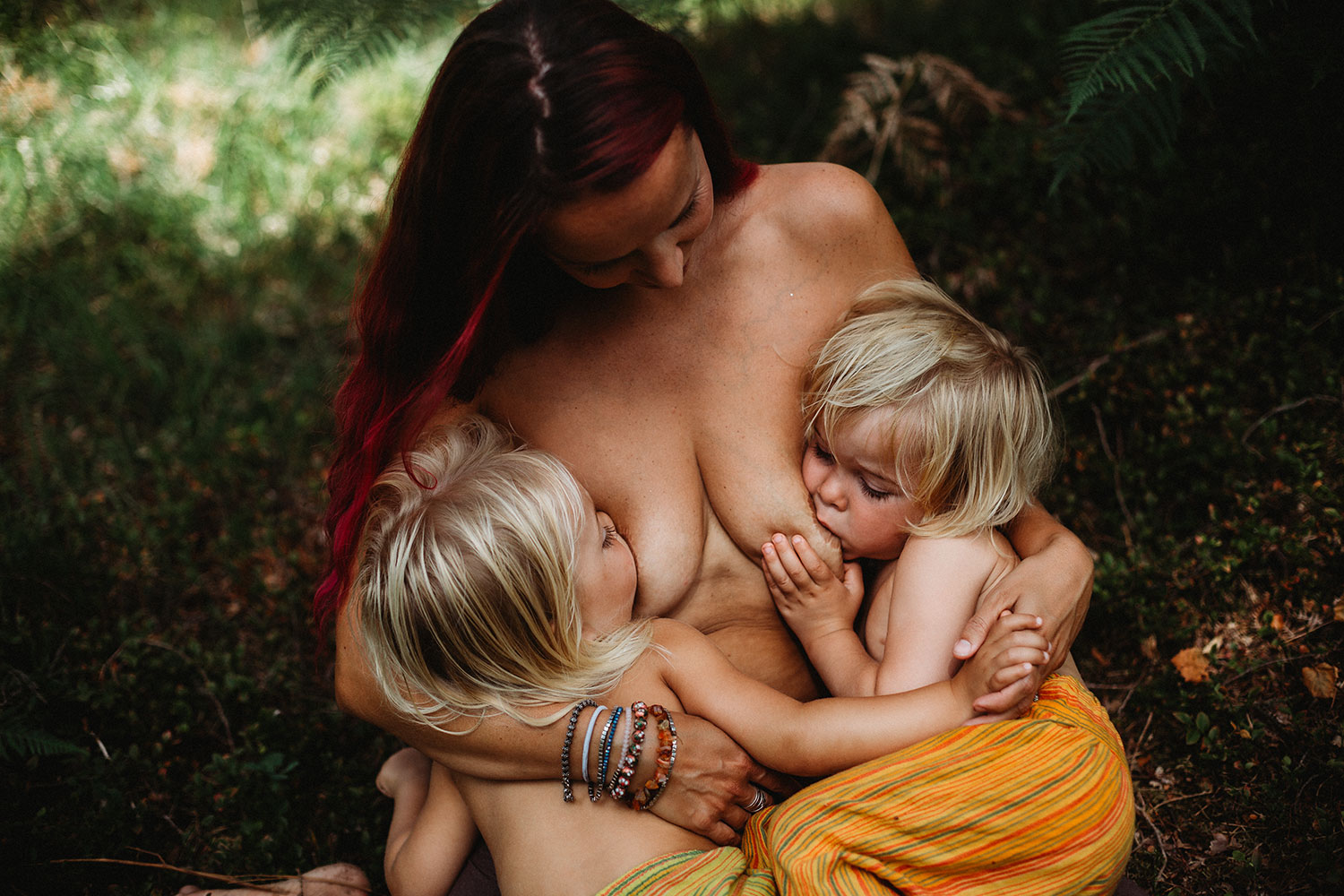
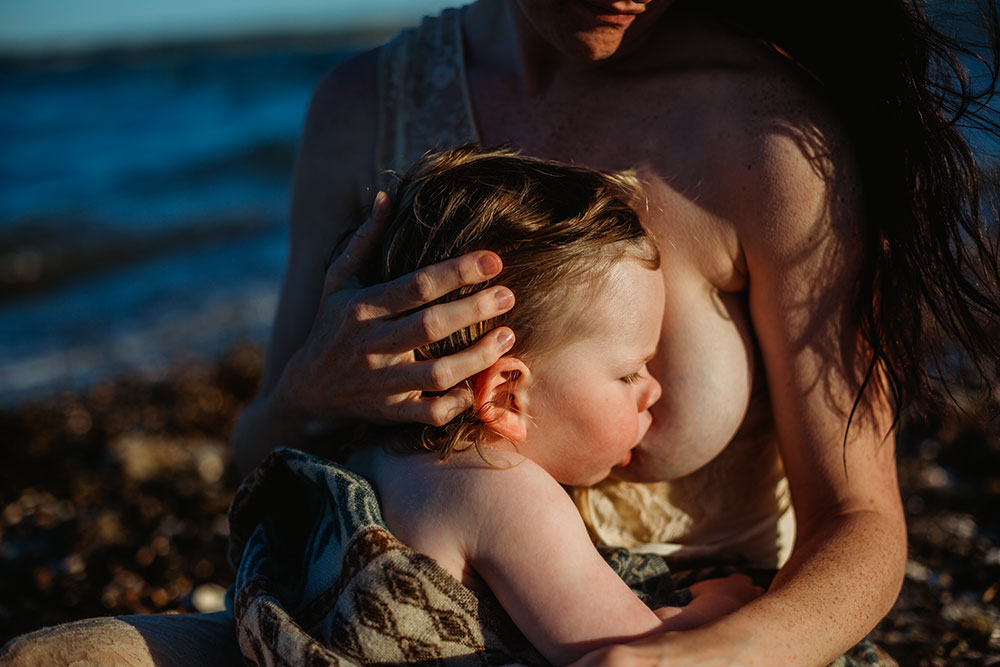
Was it always this way?
I wanted to understand if it was always this way? I mean I know for certain that in other parts of the world breastfeeding past infancy is the norm especially in poorer countries or in countries where there is longer maternity leave so why are our rates in the UK so low? Why has artificial feeding become so entrenched in our society and become so accepted as equal to breastfeeding? (again I am not trying to cause pain or trigger anyone with this statement, I truly understand how complicated breastfeeding is for many mothers)
I read the book, Why the Politics of Breastfeeding Matter by Gabrielle Palmer and wow, it truly opened my eyes and answered so many of my questions. I cannot recommend this book enough, I can’t stop thinking about it! She brilliantly takes you through the history of breastfeeding in our culture and paints such a clear picture that you realise it is of no surprise that women struggle to breastfeed.
She states that, “6 million under fives still die each year worldwide. Of these 823,000 are lost either because they're not breastfed at all or because breastfeeding is delayed or restricted or stopped too early. That's more than 2000 baby deaths each day that could be prevented through optimal breastfeeding. Such breastfeeding practices would also benefit women's health preventing an extra 20,000 annual deaths from breast cancer globally. The commonest killers of babies worldwide are respiratory infection and gastro-intestinal infection. The less breastfeeding and the more artificial feeding a baby gets, the greater her risk of getting one of these infections.
All this sickness and death is not because mother's cannot produce breast milk. It is because artificial milks and other substitutes for breastfeeding do not just replace the ideal food with an inferior one, but can actually introduce infection and deprive the baby of his full quota of infection fighting factors.”
“...Breast milk already contains antibodies against all the diseases a mother has met in her lifetime but her body is continually manufacturing new antibodies that go into her milk when she and her baby meet new infections. Breast milk also contains general protection. A protein called immunoglobulin A paints a baby's digestive tract, stopping harmful microbes getting into his bloodstream. Other fluids or foods can break this barrier letting infection through.”
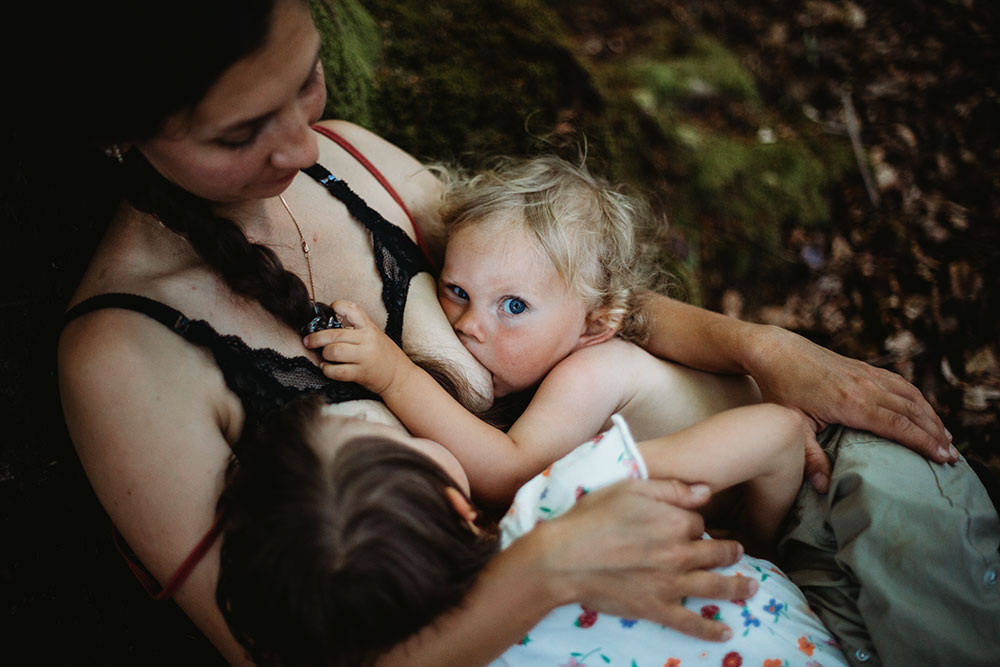
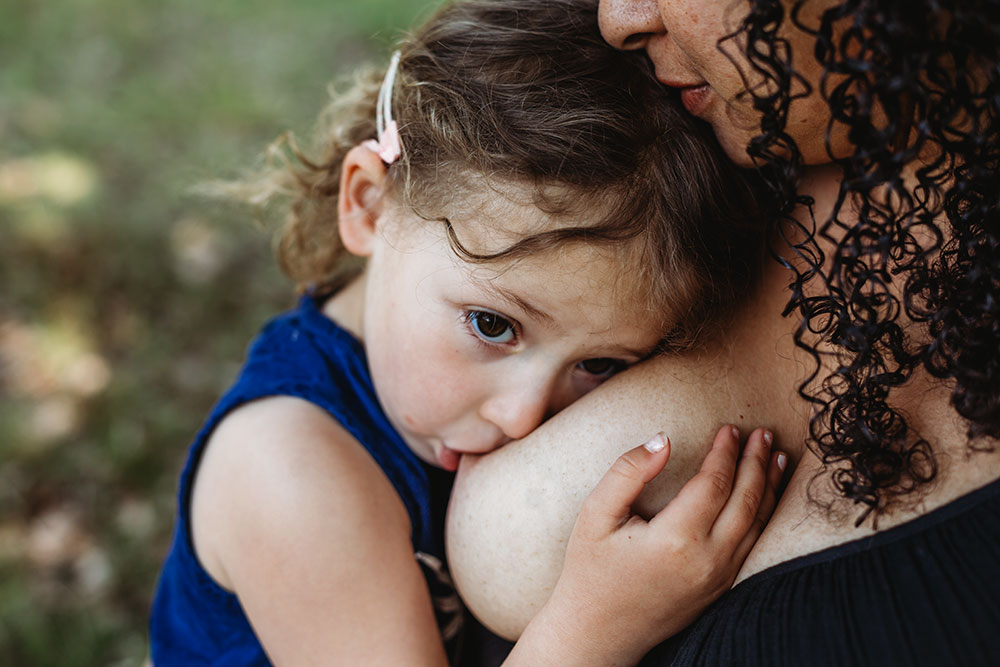
A brief history of breastfeeding in the UK
I’m going to try to summarise some of what she shared in her book about the history of breastfeeding. Back in the day, during the 18th century in the UK breastfeeding was common and a normal part of life especially amongst the workers and poorer population. The wealthier class preferred to have wet nurses, and they would introduce other liquids and foods before offering the breast. There was one doctor, William Cadogan who noticed that the babies born to the wealthier population had significantly more deaths than the poorer population. He discovered that this was because the babies born to the poorer families were exclusively breastfed after birth. This marked a huge shift in society at that time and the wealthy families began doing the same and so there were less baby deaths.
It all started going downhill with his belief that overfeeding caused diarrhoea (one of the main causes of infant death). Back then we didn’t have fridges or good hygiene and a lot of food became contaminated. Cadogan didn’t connect the dots that the diarrhoea could have been caused by contaminated food or cow’s milk and instead clumped breastfeeding in with complementary foods as well. He also had no idea that breast milk contained protective qualities.
So he came up with the revolutionary idea of restricting feeds to five feeds a day, definitely no night feeds and also told women not to sleep next to their babies. What he didn’t understand at the time was that babies should be fed on demand and that it is the suckling on their part that creates the milk so that they have exactly what they need (if you look at other cultures in the world, it was normal for a baby to suckle at the breast every 14 minutes!)
Because of this big shift in the way mothers mothered their babies all of a sudden the issue of mother’s not producing enough milk became a big problem. At the time Cadogan became a famous figure and his words were like the gospel. But instead of happier mothers and contented babies, mothers became miserable and the babies cried more and more but instead of letting them suckle at the breast (which must have gone against the mothers own intuition) they gave their babies water often mixed with sugar and herbs.
Now there became a demand for commercial products and from the late 19th century corporations began to aggressively market artificial milk to be used in between breastfeeds. They thrived on false advertising and claimed their artificial milks were nutritious and even better than breast milk. This marked the beginning of the decline in optimal breastfeeding and caused even more infant deaths.
Once we arrived into the 20th century health officials were telling women to restrict the minutes a baby spent at the breast and to alternate breasts at a set time. What do you think happened next? Well it definitely did not make things better and instead created even more problems as it destroyed the ever so important interaction between a mother and her baby. Wherever restricted feeding had become the norm the issue of insufficient milk spread.
By 1945, artificial feeding was becoming normal in the industrialised world. The message that women couldn’t produce enough milk had become common knowledge and babies were routinely separated from their mothers after birth and placed in nurseries and fed sugar water or artificial milks.
After learning about all this through Gabrielle Palmer’s book it has made me realise how deeply rooted in society’s subconscious some of these beliefs have become and will take a lot of time to get past. It really is no surprise that we have some of the lowest rates of breastfeeding in the developing world.
Luckily now in the 21st century things have changed a lot. Even though there is much more support there isn’t enough. There are still a lot of issues women are encountering on their breastfeeding journey which makes it incredibly hard for them to continue.
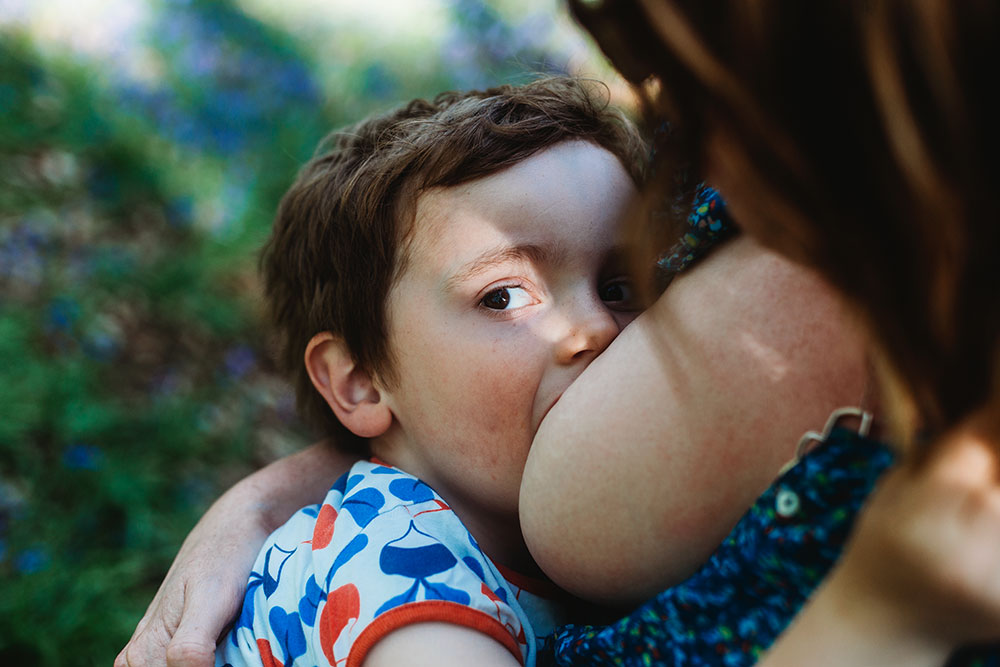
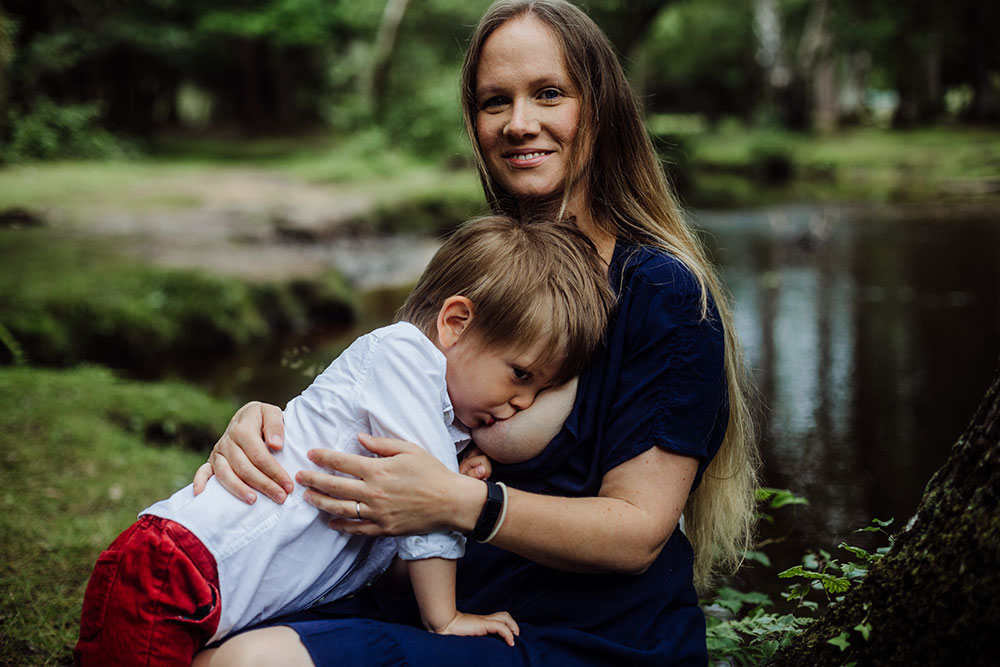
There are many reasons why women struggle with breastfeeding
In Amy Brown’s book Why Breastfeeding Grief and Trauma Matter she lists several reasons why women may struggle with breastfeeding: Physiological factors such as complete lack of milk supply or delayed milk supply (although very rare but if just 1% of the population have a physiological problem that is still about 7,000 women each year if you consider that around 700,000 women give birth in the uk each year), Chronic health conditions, medications, some babies have a disorders such as galactosaemia or phenylketonuria which means they cannot digest breastmilk, sometimes mothers are ill with a disease that means they cannot breastfeed due to it being passed through their breast milk (but these are rare), pain while breastfeeding (which speaking to several peer supporters and breastfeeding counsellors seems to be a huge issue), a lack of professional support, because maternity leave provision doesn’t go far enough, formula milk promotion is everywhere, lack of support from our family and peers and even because of other people’s beliefs and insecurities.
In today’s society it seems that everything is stacked up against the mother who wants to breastfeed let alone support mothers who want to go on to experience natural term breastfeeding. It’s no wonder I have felt so alone in my journey! Thankfully awareness of breastfeeding is rising but the mass majority of people in the western world are not used to seeing a child past one years old, or a toddler let alone an older child breastfeeding.
Breastfeeding an older child
Katherine Dettwyler is an anthropologist and breastfeeding expert who specialises in evolutionary medicine and infant/child feeding and has done extensive research on the natural age of weaning. In an article published by AIMS she shares, “My own work on what I call ‘a natural age of weaning’ is based on comparing life-history variables in the nonhuman primates and exploring the relationship between such variables and the typical age of weaning for the species. The life-history variables include length of pregnancy, rates of growth in childhood, dental eruption patterns, age at sexual maturity, weight of adult females, and others. Taken together, these data suggest that for human children- who have relatively huge brains, grow very slowly, and end up as large-bodied adults-the natural length of breastfeeding is between two and a half and seven years (adding solids at around six months of age). You can read the full article here
Most of the time a mother will never have expected that they would be breastfeeding an older child, it is just something that happens naturally. Breastfeeding a 4, 5 or 6 year old or older is way different to breastfeeding an infant. An older child is not breastfeeding at all times, the older they are the less they will ask to nurse. They may only want to when they are upset, feel scared or stressed and maybe just in the morning or night, sometimes weeks or months may go by, it all depends on the child. Breastfeeding continues to bring nutritional value to your child and helps strengthen their immune system, it also provides comfort, connection and helps children regulate themselves emotionally along with decreasing the risk of cancer and other illnesses in the mother the longer they breastfeed.